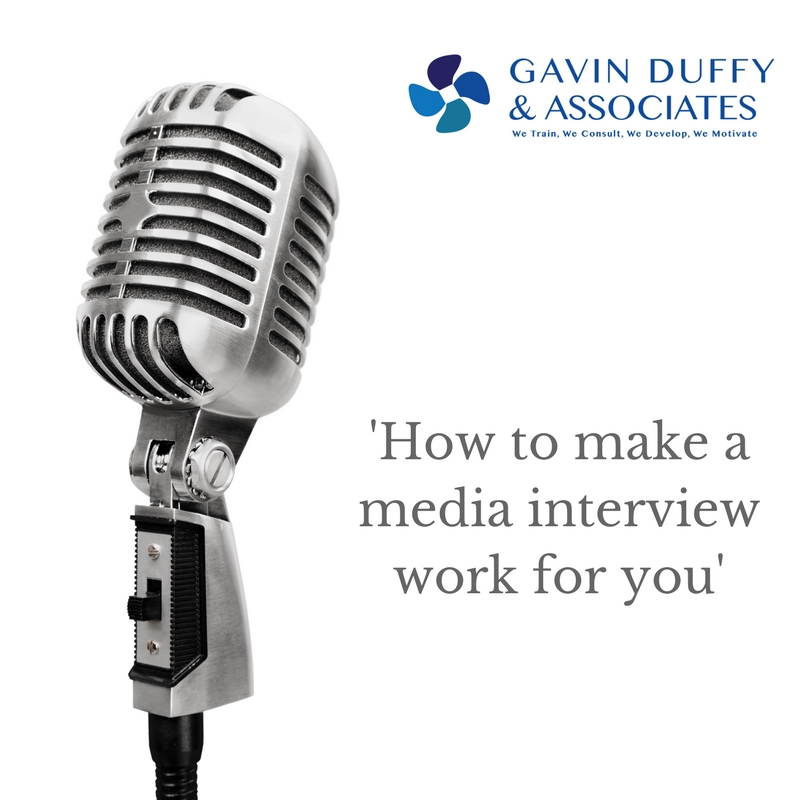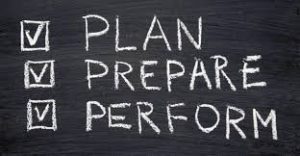
Giving your best media interview
As a senior executive or spokesperson for your organisation, dealing with the media is something you are required to do on a regular basis.
And though you may have some valuable ‘on air’ experience already, do you ever have the feeling that you are missing out on opportunities to really land your message?
There are simple interview techniques that you can implement to shape the message, connect with your audience, and significantly improve your media performance.
All it takes is a bit of preparation and an understanding of how the media works, so that you can make it work for you.

Being memorable
Interviews are won and lost in the opening salvo.
You have about one minute from the beginning of the interview to set out your stall, and back up your position with a solid example.
Give a weak or short first answer, or fail to include a key message, and you will spend the remainder of the interview scrambling to recover ground.
Preparation beforehand is vital.
Plan how you’re going to land your key points, by addressing the interviewer’s question and seamlessly bringing the response to your own message.
That’s not avoiding the question, by the way!

Remember your Audience
Sometimes for the sake of your own nervous system you might find it best NOT to think about the people listening at home.
It is proven, however, that the most successful and memorable interviews occur when the interviewee speaks naturally, in a way we can all relate to.
Everyday simple language, rather than jargon or industry speak is the way to go, along with examples and anecdotes.
Even if you are discussing a challenging topic, it’s up to you, the spokesperson, to make sure the audience understands your message.
We will switch channel if we don’t understand you.

Use your time wisely
On air time moves very fast.
You are no sooner in the seat in the studio when you will hear the interviewer saying, “thanks for coming in, we are going now to an ad’ break”.
So you need to get to your key messages across as early as you can, and take the space to develop your answer by using a measured, relaxed tone.
The key thing to avoid is pit pat answers – a ‘yes I did, no you didn’t’ sort of tone.
Try to buy the space for your answer by saying things like “let me explain how that works” or “there are three important things people need to know about that”.
Answering a question too quickly puts the onus back on the interviewer to keep dreaming up new questions, which may steer the whole interview far away from where you want to go.

Conclusion
Remember that media interviewers are not out to get you, they are out to get a story.
Give them some really good material, along with strong examples and insight, and they will realise that you are a well prepared spokesperson, ready to be generous with your information, and the interview will go well for everyone.
